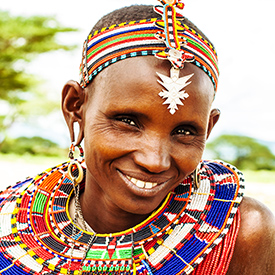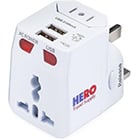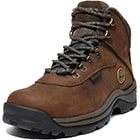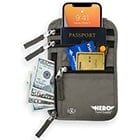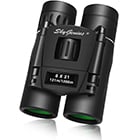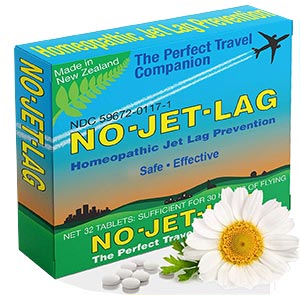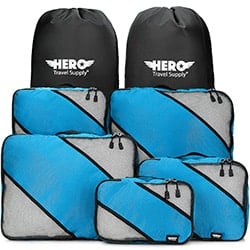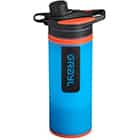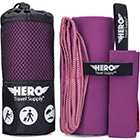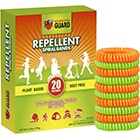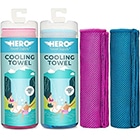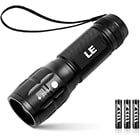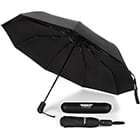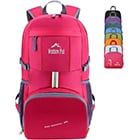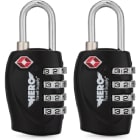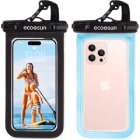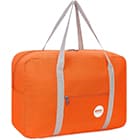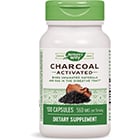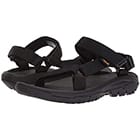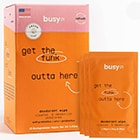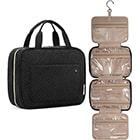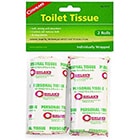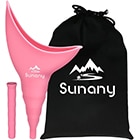DRY SEASON – June, July, August, September, and October
These months are much cooler where the temperature is around 73°F. There is very little rain and humidity during these months which makes it a great time to visit the beaches. Things to pack while visiting during the dry season include sandals, shorts, capris, teeshirts, and tanks. Don’t pack too much warm clothing, you will be fine with just 1-2 pairs of pants and long-sleeved shirts or light sweaters. Also, don’t forget a hat, sunglasses, and sunscreen. Temperatures average between 73°F to 82°F (23°C to 28°C)
WET SEASON – November, December, January, February, March, April, and May
During these months the rain will vary. November and December will receive short periods of rainfall and usually occurs in the late afternoon or evening. January and February will actually receive less rain but March-May are the rainiest months and downpours can be expected. During these months the average temperature ranges between 75°F-86°F. Make sure to pack light, breathable clothing. Shorts and dry fit teeshirts work best. Also, bring a travel-sized umbrella and a light rain jacket or a rain poncho. Waterproof shoes or plastic sandals work well for footwear. Temperatures average between 75°F to 81°F (24°C to 27°C)




